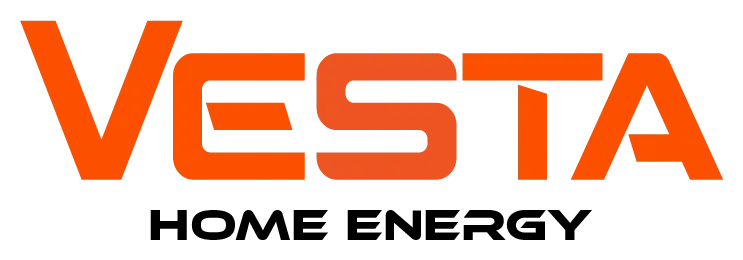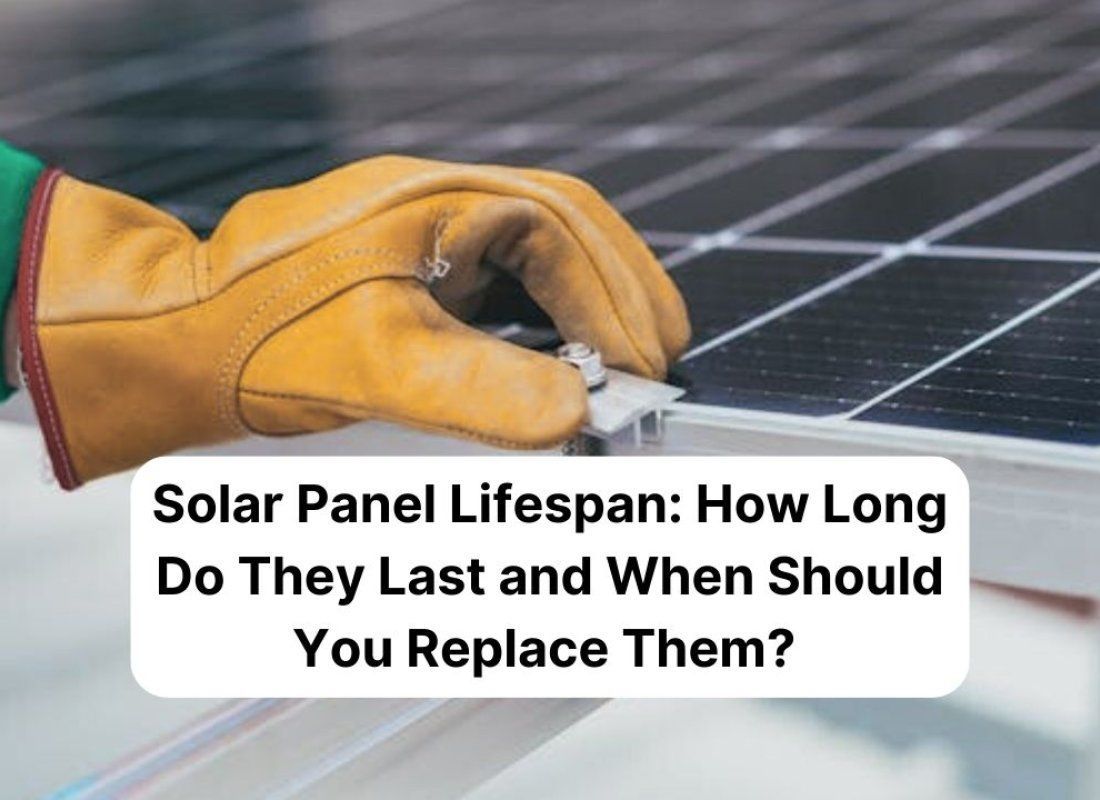
TABLE OF CONTENTS
Key Takeaways
- Solar Panels Have a Long Lifespan but Require Maintenance – Most solar panels last 25 to 30 years, gradually decreasing in efficiency over time. Regular cleaning, inspections, and proper maintenance can extend their longevity, ensuring optimal energy production and long-term savings for property owners.
- Replacing Old Solar Panels Can Boost Efficiency and Property Value – While solar panels continue to function beyond their warranty period, upgrading to newer, more efficient models can lead to greater energy savings, reduced maintenance costs, and increased property value. Investing in modern solar technology enhances sustainability while making properties more attractive to tenants and buyers.
As a property owner, investing in solar panels can be a great way to reduce energy costs and increase property value. However, one of the most common concerns is how long solar panels last and when they should be replaced. Understanding the lifespan of solar panels, factors that affect their longevity, and signs of wear can help you maximize your investment. In this article we at Vesta Home Energy will walk you through the lifespan of solar panels!
Speak with Our Experts!
How Long Do Solar Panels Last?
Most solar panels have a lifespan of 25 to 30 years, but they don’t suddenly stop working after this period. Instead, their efficiency gradually declines. Typically, most panels degrade between 0.5% to 1% per year, meaning they will still produce power, just at a lower rate than when first installed. By the end of their expected lifespan, solar panels may operate at around 80% of their original capacity.
Warranty and Performance Guarantees
Manufacturers typically offer two types of warranties for solar panels:
- Product warranty, which typically lasts 10-25 years, covers defects and physical failures.
- Performance warranty guarantees a certain efficiency level, usually around 80-85%, after 25 years.
Even if your panels are still functioning after the warranty expires, it may be worth considering a replacement to maintain optimal efficiency for your rental property.
Factors That Affect Solar Panel Lifespan
Several factors can impact how long solar panels last and how well they perform over time:
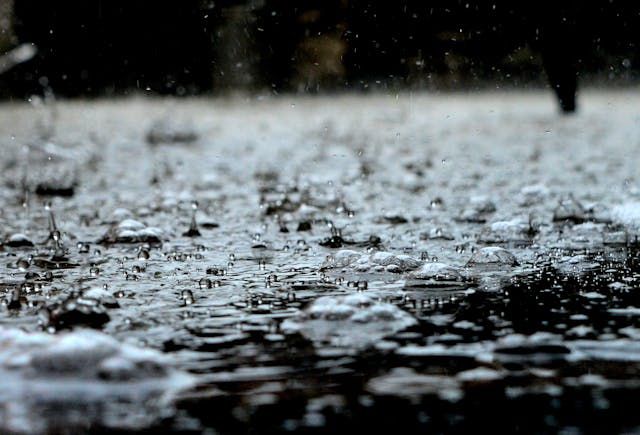
- Quality of Solar Panels - Higher-quality panels from reputable manufacturers tend to last longer and perform better. Investing in premium panels can lead to greater long-term savings.
- Weather Conditions - Extreme weather like hail, high winds, and prolonged exposure to UV rays, can cause wear and tear. Panels in harsh climates may degrade faster than those in mild environments.
- Degradation Rate - Solar panels naturally degrade over time due to exposure to environmental elements. Some high-quality panels have lower degradation rates, maintaining efficiency longer.
- Inverter and Battery Lifespan - While solar panels last over two decades, inverters typically last 10-15 years and may need replacement before your panels do. Battery storage systems also require maintenance and replacement, usually within 5-15 years.
- Installation and Maintenance -
Proper installation ensures your solar system functions efficiently. Regular maintenance, such as cleaning debris and inspecting for wear, also helps extend longevity.
How to Extend the Life of Your Solar Panels
Although solar panels have a long lifespan, taking steps to maintain and protect them can ensure they last even longer:
Regular Cleaning
Dust, dirt, and debris can accumulate on solar panels and reduce efficiency. Cleaning them periodically with water and a soft cloth or hiring a professional cleaning service can keep them performing optimally.
Routine Inspections
Annual or bi-annual inspections by a solar technician can help identify potential issues early. Checking for cracks, loose connections, or worn-out wiring can prevent long-term damage.
3. Summer: Peak Production Season
Virginia’s long summer days and frequent clear skies result in maximum solar energy production. Extreme heat can slightly reduce panel efficiency. Luckily, Virginia’s moderate summers are generally conducive to steady production.
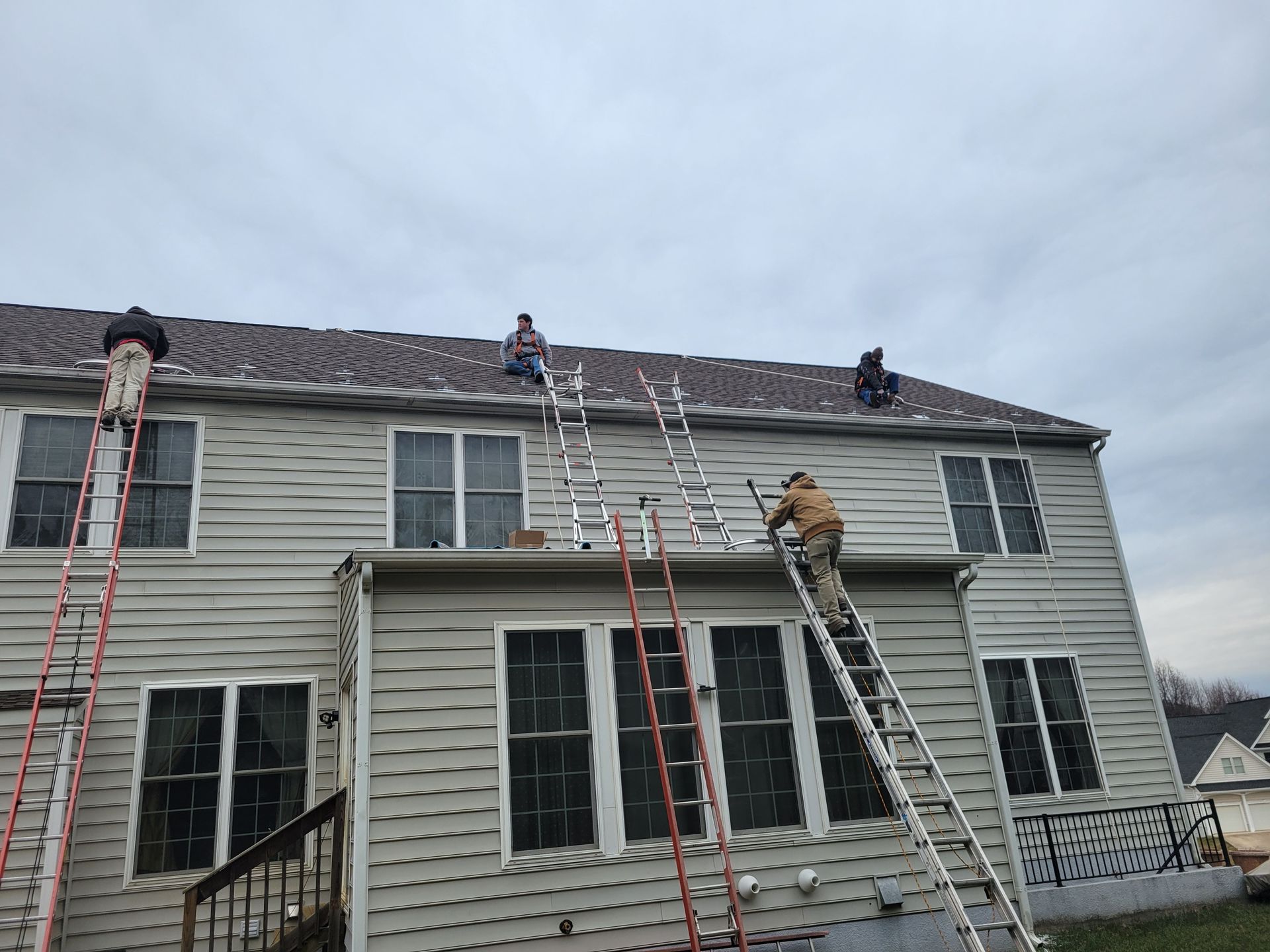
Protection from Harsh Weather
If your residential property is in an area with extreme weather, consider installing protective covers or investing in panels specifically designed for durability against harsh conditions.
Tree Trimming
Overhanging branches can cast shade on panels, reducing energy output, and may also pose a risk of falling debris damaging the panels.
Monitoring Energy Output
Installing a solar monitoring system helps track energy production and detect any drops in efficiency. If output declines significantly, it may indicate an issue that needs attention.
Use High-Quality Mounting Equipment
Ensuring that your solar panels are securely mounted with durable materials can prevent issues caused by shifting, misalignment, or vibrations over time.
Learn About Our Services!
When Should You Replace Solar Panels?
Although solar panels can last for decades, there are several signs that it might be time to replace them:
- Significant Decrease in Energy Production - If your electricity bills start increasing despite normal energy usage, your panels may no longer be producing enough power.
- Visible Physical Damage - Cracks, discoloration, or corrosion on panels can indicate wear and tear. Severe damage, such as broken glass or burnt marks, requires immediate attention.
- Frequent Repairs and Maintenance Issues - If you find yourself frequently fixing electrical issues or inverter malfunctions, replacing older panels may be more cost-effective than constant repairs.
- Outdated Technology - With modern systems offering higher efficiency, better durability, and enhanced energy storage options, upgrading to newer panels can improve your property's energy efficiency.
- Manufacturer’s Warranty Expiration - Once the manufacturer’s warranty expires, replacing your panels may be a wise decision to ensure reliability.
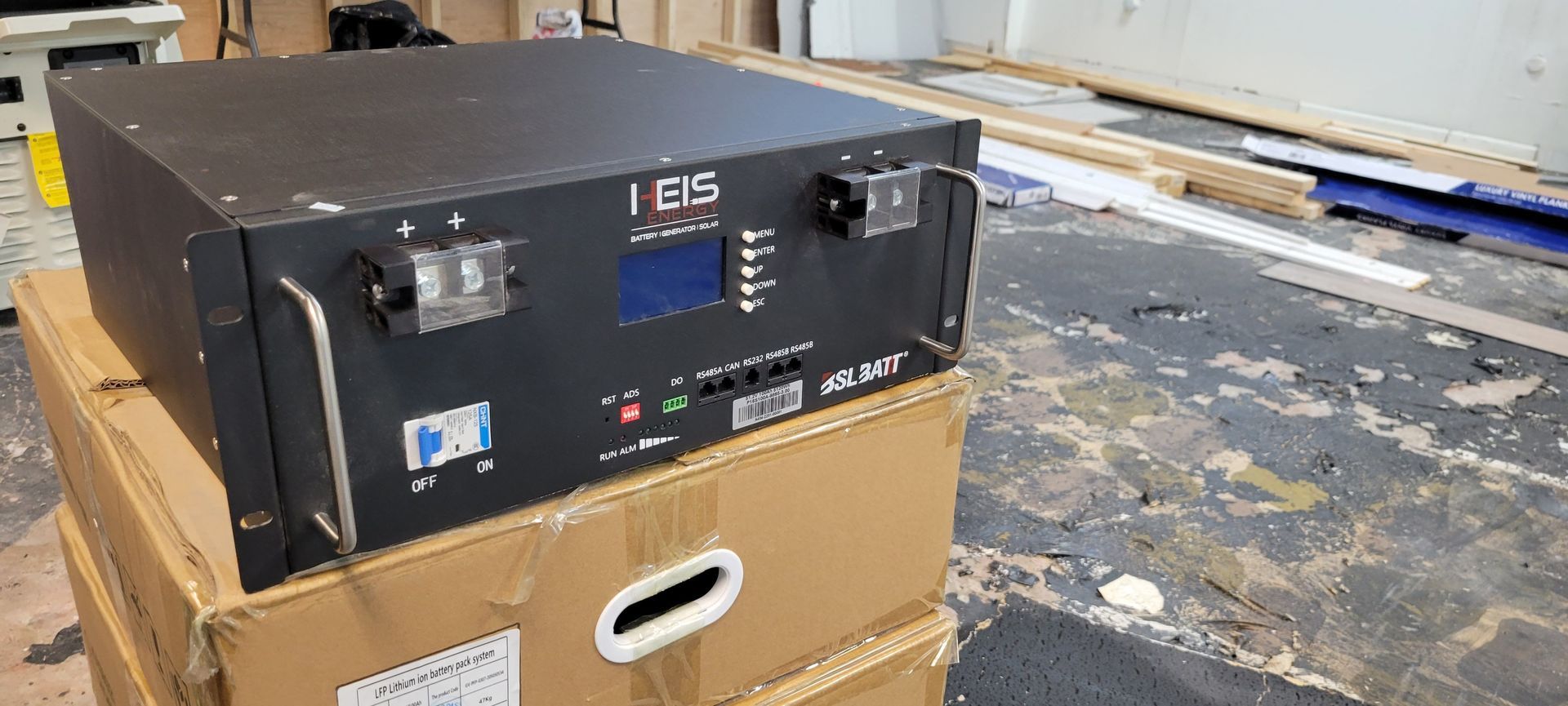
Benefits of Replacing Old Solar Panels
Investing in new solar panels can offer multiple benefits for your rental property:
- Increased Energy Efficiency - Newer panels have higher efficiency rates, leading to greater energy savings.
- Higher Property Value - Upgraded solar systems enhance property value, making it more attractive to tenants and buyers.
- Lower Maintenance Costs - Older panels require more maintenance, whereas new ones operate with fewer issues.
- Enhanced Tenant Appeal - Eco-conscious tenants prefer properties with modern, sustainable energy solutions.
Recycling and Disposing of Old Solar Panels
When replacing solar panels, it’s essential to dispose of the old ones properly. Many manufacturers and recycling centers offer programs to repurpose solar components. Some parts, such as glass and metal, can be recycled, reducing environmental impact.
Bottom Line
Solar panels are a long-term investment, but their efficiency declines over time. Regular maintenance, monitoring energy output, and replacing outdated panels when necessary can help property owners maximize savings.
By staying proactive with your solar energy system, you not only enhance your property's value but also contribute to a more sustainable future. If you're considering replacing or upgrading your panels, contract Vesta Home Energy!
Contact Us Today!

